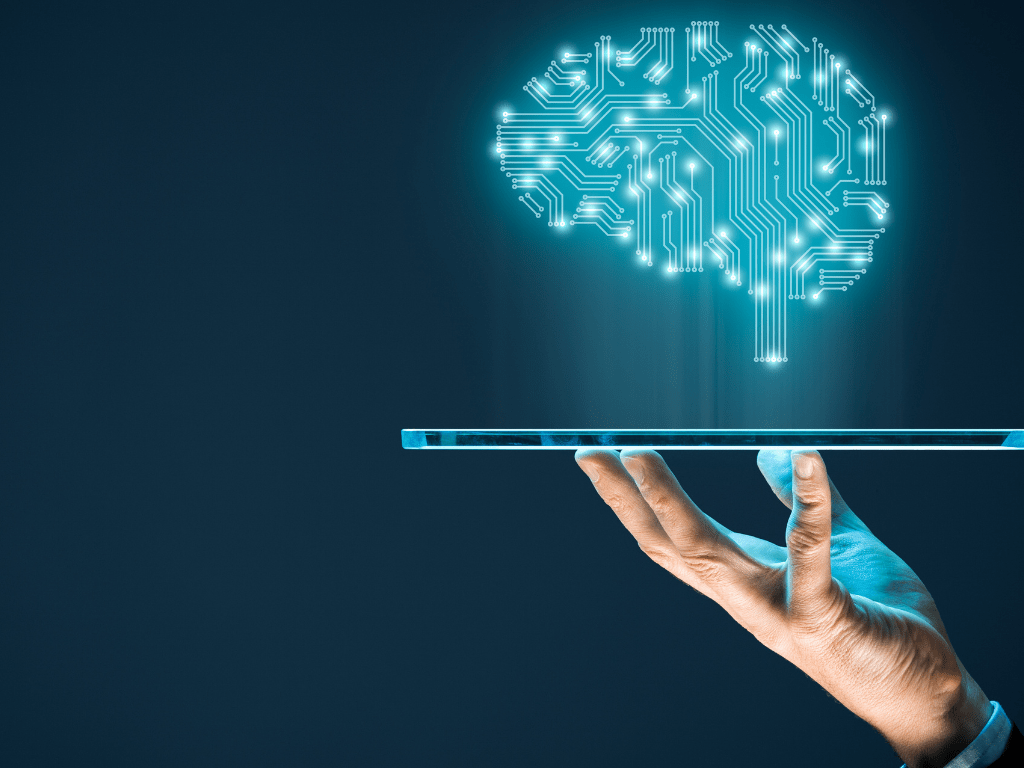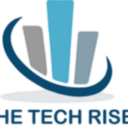Future Trends and Predictions:
Artificial Intelligence (AI) has become integral to our lives, revolutionizing industries and reshaping how we interact with technology. As we delve into the future, it is essential to understand the trends and predictions that will shape the path of AI. In this article, we will explore some of the exciting developments and potential advancements.
Continued Growth in Machine Learning and Deep Learning
Machine learning and deep learning have been at the forefront of AI advancements. As we progress, these technologies will continue to evolve, driven by the availability of vast amounts of data and the increasing computing power. We expect to witness more sophisticated algorithms capable of analyzing complex patterns and making accurate predictions. This growth will empower healthcare, finance, and transportation industries to leverage AI for enhanced decision-making and improved efficiencies.
Ethical and Responsible AI

As AI becomes more pervasive, there is a growing awareness of the ethical implications associated with its deployment. Concerns about bias, privacy, transparency, and accountability have emerged. In the future, we anticipate a greater emphasis on developing AI systems that are ethical, transparent, and unbiased. Governments and organizations will likely enforce regulations and guidelines to ensure responsible AI use, fostering trust and reliability.
Explainable AI and Interpretability
The lack of interpretability has been a significant challenge in AI. As AI algorithms become more complex, understanding the decision-making process becomes crucial. Explainable AI aims to address this issue by providing insights into how AI models arrive at their conclusions. The ability to explain AI’s reasoning not only enhances transparency but also helps build trust, especially in critical applications such as healthcare and autonomous vehicles.
AI-Powered Automation and Job Transformation
Automation has been a fundamental driver of AI adoption across industries. In the future, AI-powered automation will continue to transform the nature of work. Routine and repetitive tasks will be increasingly automated, allowing humans to focus on more complex and creative endeavors. While this will lead to job displacement in some areas, it will also create new roles and opportunities that leverage human skills such as critical thinking, problem-solving, and emotional intelligence.
Natural Language Processing and Conversational AI

Natural Language Processing (NLP) has made significant strides in recent years, enabling machines to understand and generate human language. Conversational AI, powered by NLP, is expected to become even more sophisticated, enabling seamless interactions between humans and machines. Virtual assistants, chatbots, and voice-enabled interfaces will continue to evolve, providing personalized and context-aware experiences in various domains, including customer service, healthcare, and education.
Edge Computing and AI at the Edge
Edge computing, which involves processing data closer to the source rather than in the cloud, is gaining prominence. In the future, AI at the edge will enable real-time analysis and decision-making, reducing reliance on cloud infrastructure and enhancing privacy and security. This trend will be particularly relevant in scenarios with critical low latency and offline capabilities, such as autonomous vehicles, Internet of Things (IoT) devices, and remote areas with limited connectivity.
Collaborative AI and Human-Machine Partnerships
The future of AI will witness a shift towards collaborative systems, where humans and machines work together to achieve superior outcomes. AI will augment human capabilities, providing valuable insights, automating repetitive tasks, and enabling humans to focus on higher-level activities. This partnership will be evident across various domains, including healthcare, education, creativity, and scientific research, leading to previously unimaginable advancements.
AI in Healthcare and Medicine
The healthcare industry stands to benefit significantly from AI advancements. AI will be crucial in diagnosing diseases, identifying treatment options, and predicting patient outcomes. Machine learning algorithms can analyze medical records, genetic data, and clinical images to detect patterns and assist in personalized treatment plans. AI-powered robotics may also enhance surgical procedures and precision medicine.
AI for Climate Change and Sustainability
With the pressing need for sustainable solutions, AI can contribute to addressing climate change and environmental challenges. AI algorithms can optimize energy consumption, improve renewable energy generation, and enhance resource management. Additionally, AI can assist in climate modeling, predicting natural disasters, and aiding conservation efforts, thus promoting a greener and more sustainable future.
AI and Cybersecurity
As technology advances, so do cybersecurity threats. AI can provide robust defense mechanisms against cyber attacks by detecting anomalies, identifying large-scale data patterns, and mitigating real-time risks. AI-powered security systems can adapt and evolve to counter ever-evolving threats, ensuring the safety and integrity of critical infrastructures and sensitive data.
AI and Personalized Learning
Education is another domain that can benefit from AI’s capabilities. Personalized learning experiences can be created using AI algorithms that adapt to individual students’ needs, learning styles, and progress. Intelligent tutoring systems can provide tailored feedback and recommendations, fostering more effective and engaging learning environments.
Quantum Computing and AI
Quantum computing holds immense potential for solving complex AI problems. Quantum algorithms can revolutionize machine learning and optimization by exponentially increasing computational power. In the future, we may witness the convergence of quantum computing and AI, enabling breakthroughs in drug discovery, financial modeling, and optimization challenges.










